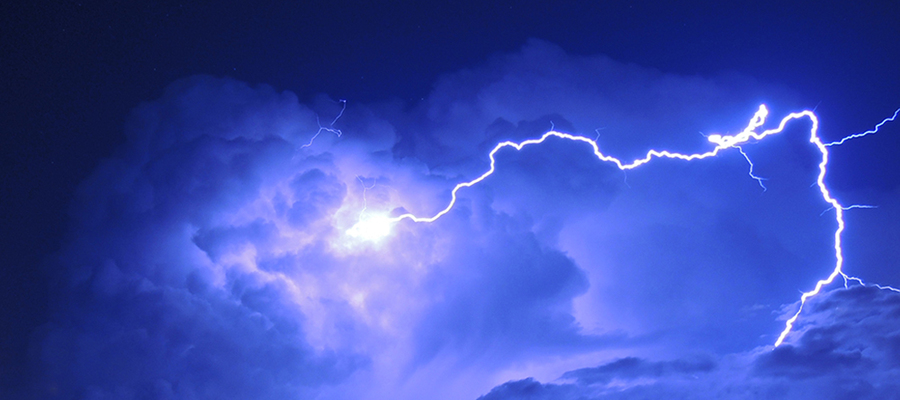We’ve all seen the headline but did it really sink in? Is this really a code red emergency? You only have to look at the news to see the wildfires raging in Greece and Italy, ask those poor people engulfed in smoke if they think it is. What will it take to make this a turning point for humanity?
The Intergovernmental Panel on Climate Change (IPCC) released its findings this week and it’s pretty bleak reading. However, all is not lost, scientists also say a catastrophe can be avoided if the world acts without delay. We’ve distilled the report highlights below:
Who’s to blame?
Blame isn’t ordinarily the most productive of motivators but this time, the IPCC puts the responsibility squarely with humans. That’s us. We’re causing the warming of the atmosphere, ocean and land. Let that sink in.
Previously the IPCC had reported that it was “extremely likely” that industrial activity was the major culprit. Whilst it is obviously a contributing factor, human activity and burning fossil fuels is now deemed to be the biggest contributing factor to global warming.
The report says that the past five years have been the hottest on record since 1850 and the recent rate of sea level rise has nearly tripled compared with 1901-1971. Equally it reports that human influence is "very likely" (90%) the main driver of the global retreat of glaciers since the 1990s and the decrease in Arctic sea-ice. The consequences of which are in many cases irreversible. Shame on us.
What’s going to happen next? (If we do nothing).
Temperatures will continue to rise unless there is a dramatic reduction in the world’s emissions. Without these cuts, average temperatures could rise by over 2C by the end of the century, meaning oceans will continue to warm and become more acidic, mountains and polar glaciers will continue melting and forests will dieback.
Immediate action needs to take place to mitigate these effects.
What about the weather? (Typical British question).
We’re already seeing the effects of more severe weather conditions, with significant wildfires across the globe, tropical cyclones, more rain and snow fall across the year and severe droughts more common than ever. As a one-off these things had previously been attributed to a number of factors, rather worryingly the scientists can now make quantitative statements about these extreme weather events.
The consequences of rising past 1.5C in temperature growth will mean more frequent heatwaves, an increase in heavy rainfall on a global scale, an increase in droughts in some regions, the inevitable rise of sea levels (predicted to rise to c.2 to 3 metres or more even at a rise of 1.5C) and flooding in coastal areas. We’re not seeing this on our daily weather reports but it will come if changes aren’t made.
What can we do? (Time is running out).
We need to take immediate action. Huge cuts in carbon need to take place. If we can cut global emissions in half by 2030 - alongside reaching net zero by the 2050 - we can stop, and perhaps start to reverse, the rise in temperatures.
Reducing greenhouse gas emissions and using clean technology are drivers to get us to net zero. We’ll also need to bury any remaining releases within carbon capture and storage or even better, absorb them by planting trees.
If we’re lucky, nature will be good to us, stopping future temperature increases and hopefully reversing the temperature climb. Hopefully we’ll also see some cooling.
All is not lost. We can still turn this around.
How do we all play a part? (Who needs to change).
As individuals we can all make better choices about the carbon we produce. Even small changes to behaviours around reusing, recycling and reducing consumption will make a difference.
For our elected political leaders, this report has to be a driver of change globally. The COP26 climate summit in Glasgow in November has a massive challenge to overcome and will require consensus globally to make it happen.
For us at Allen & York, we’re committed to help mitigate climate change by helping organisations source the best Environmental and Sustainability talent in the market. Placing candidates in roles across the green economy, is what we’ve been doing since we were founded in 1993.
We still have a lot to do, in a short space of time, but we’re confident we can do it together.
Allen & York – providing sustainable recruitment solutions since 1993.
www.allen-york.com

